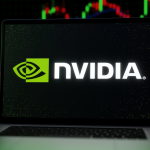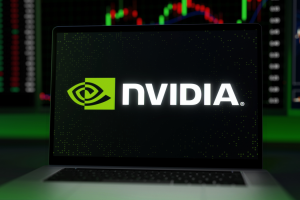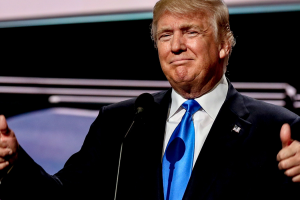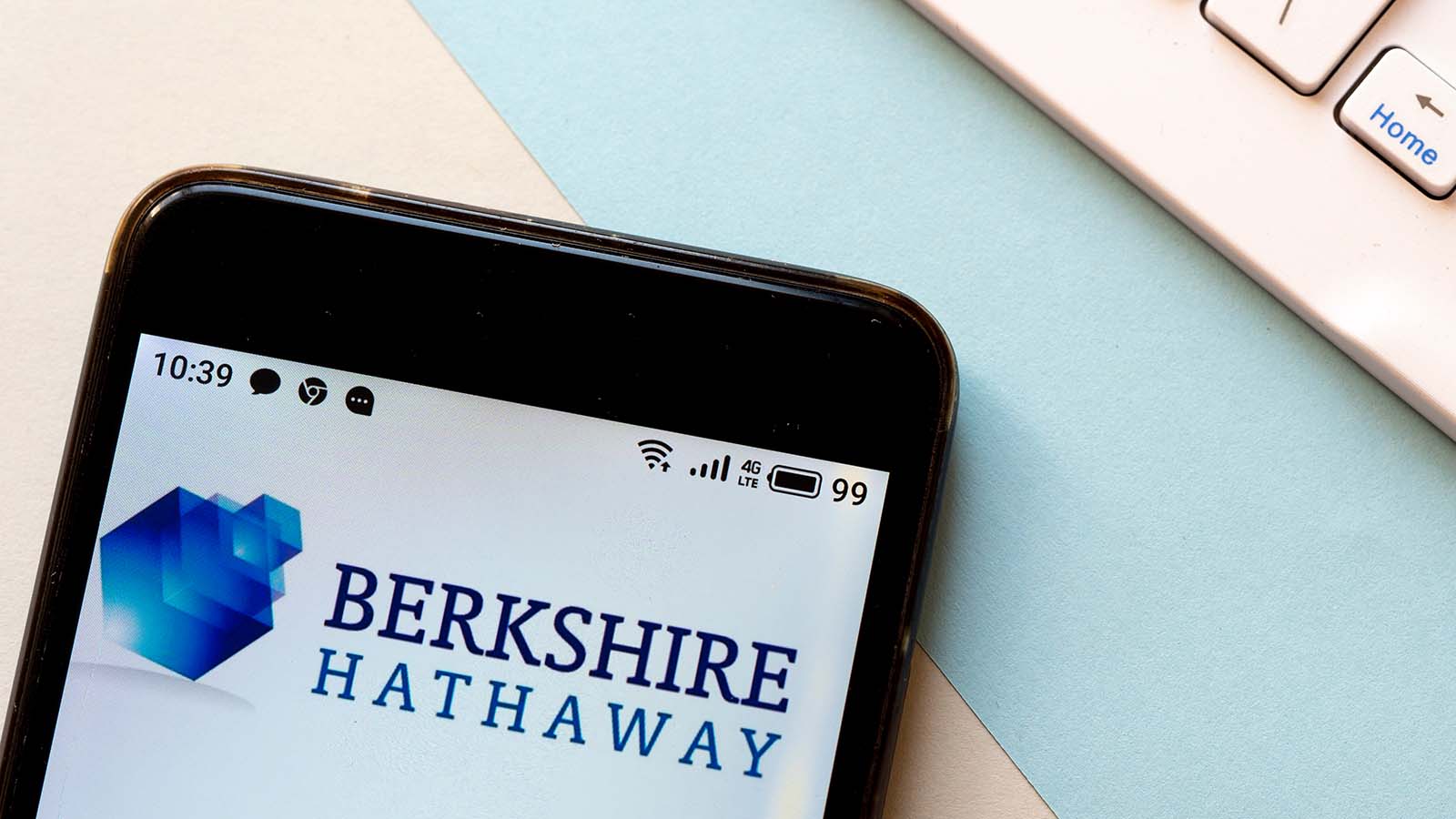
I always love writing stories like these because it’s ridiculous to think that someone like me — average intellect, average wealth — could suggest ways Warren Buffett could improve Berkshire Hathaway (NYSE:BRK-B). It’s like asking me to improve upon Einstein’s theory of relativity. It can’t be done, especially not by me.
Nonetheless, as an opinion writer, I’ve become accustomed to tackling touchy subjects like this one. I may have met my match.
Veteran portfolio manager Steven Check’s firm, Check Capital Management, owns $440 million in Berkshire stock and potentially $3.7 million more through call options. He recently said that the holding company’s $147 billion cash hoard would generate nearly $8 billion annually from the interest on short-duration Treasuries.
Business Insider reported Check’s recent comments:
“‘Berkshire has some natural hedges against different macroeconomic environments,’ Check Capital Management’s founder and chief investor said. ‘That’s one of the advantages of selling everything from hamburgers to insurance and airplane parts to candy.’”
I’ve often said Berkshire Hathaway is a massive mutual fund without the fees. The cash hoard that once worked against the holding company now works for it.
Nonetheless, despite the benefits derived from a high cash balance in a high-yield environment, I will suggest three things Buffett should do with the hoard other than keep earning interest.
Special Dividend
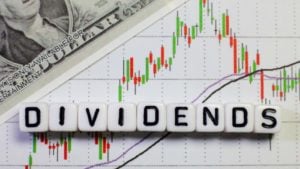
As I said earlier, I’m paid to develop opinions about stocks. Over the years, despite my utmost respect for Buffett and Berkshire, I’ve made plenty of suggestions to add value for its shareholders.
For example, in June 2019, I argued that Berkshire should increase its share repurchases. In the last three years, Berkshire bought back 42,549 Class A shares and 184.01 million Class B shares. The repurchases have backed off as its shares have moved near all-time highs. It’s classic capital allocation.
At the same time, I suggested a special dividend made sense because it would let shareholders know it is entirely dedicated to rewarding shareholders when the cash box is flush.
You could argue that $8 billion in passive income is worth more than any special dividend. However, at the very least, why not pass the $8 billion to shareholders? That doesn’t hurt the cash hoard while giving a little back to shareholders.
I suspect the answer from Buffett might be that, given his significant ownership stake, he would benefit much more than other shareholders, defeating the purpose of such a payment.
Spin-off the McLane Company

As far back as 2017, I suggested that Berkshire spin off $30 billion of its excess cash and McLane Company, its wholesale distribution business. It could then use McLane as a platform for growth through smaller acquisitions than Berkshire can make.
I even listed seven companies the independent, publicly-traded company could acquire. Two turned out to be downright dogs: WW International (NASDAQ:WW) and the now-defunct SVB Financial. He and his other investment teammates would do much better with the exercise.
The point is that McLane generated $53.2 billion in revenue in 2022 but only $271 million in pre-tax earnings, a measly 0.5% of its $91.5 billion in service and retailing revenue.
Heck, an argument could be made that the retailing businesses are also spun off. They’re not even getting 10 cents in pre-tax income per dollar of sales.
Yes, they provide diversification, but isn’t that what the $361 billion equity portfolio is for?
Acquire a Big Chunk of Brookfield Corporation
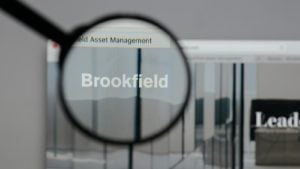
I’ve admired Brookfield Corp. (NYSE:BN) CEO Bruce Flatt’s investment and capital allocation chops for years. I suggested in my 2019 article that Buffett consider Flatt as his successor. Of course, we know he went for Greg Abel, the head of Berkshire’s non-insurance operations, as the holding company’s next CEO.
In June 2019, Brookfield had a $46 billion market capitalization. Today, Brookfield Corp’s market cap is $56 billion. Of course, that doesn’t take into account the spinoff of Brookfield Asset Management (NYSE:BAM) into an asset-light, fee-generating vehicle. It has a $14.5 billion market cap.
Today, if Berkshire bought the two companies, it would conservatively cost it $100 billion or more.
We know that Buffett likes to own his private businesses forever. The last time Berkshire sold a business, as far as I’m aware, was in 2020. The company sold its newspaper business to Lee Enterprises (NASDAQ:LEE) for $140 million in cash.
That would clash with Brookfield’s recycling of capital to reinvest in other businesses where the opportunity is good and the competition to buy them is low due to the nature of the companies, etc.
Nonetheless, to have a vehicle like Brookfield in your asset base would be attractive for investors.
On the date of publication, Will Ashworth did not have (either directly or indirectly) any positions in the securities mentioned in this article. The opinions expressed in this article are those of the writer, subject to the InvestorPlace.com Publishing Guidelines.

